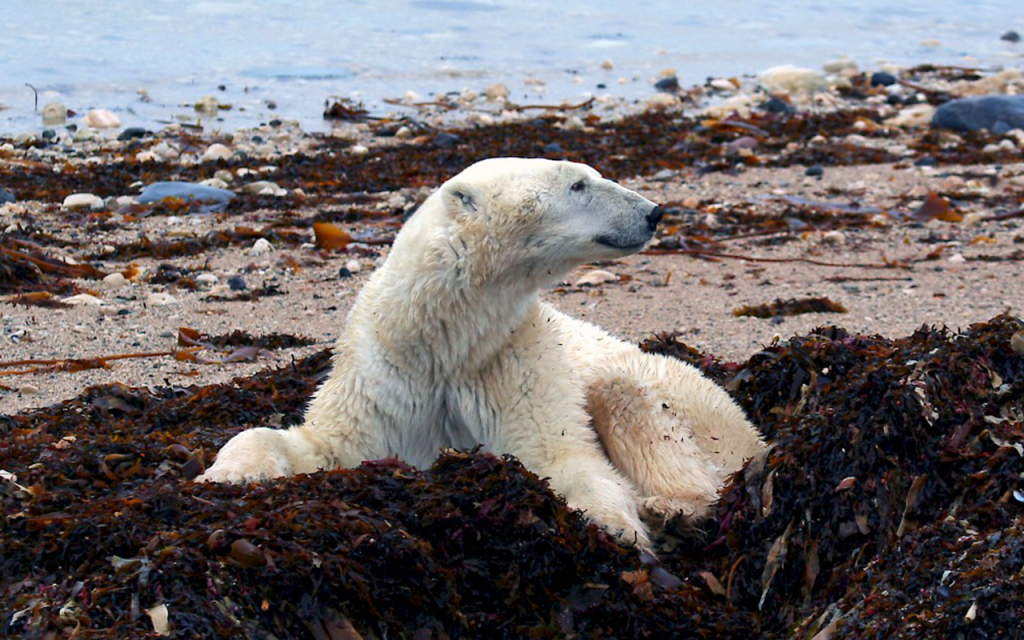
Climate change is rapidly altering animal habitats worldwide, forcing many species to adapt, migrate, or face the threat of extinction. As global temperatures rise, ecosystems that have remained stable for centuries are undergoing significant transformations, impacting both terrestrial and marine species.
In polar regions, melting ice is shrinking the habitat of species like polar bears and seals, reducing their hunting grounds and breeding areas. Meanwhile, in tropical regions, rising temperatures are driving many species to higher altitudes in search of cooler environments. This shift is disrupting established ecosystems, leading to increased competition for resources among species.
Marine ecosystems are also under threat, with coral reefs experiencing widespread bleaching due to warmer ocean temperatures. Coral reefs are vital to marine biodiversity, supporting countless species. As they deteriorate, the species that depend on them are also at risk.
Moreover, unpredictable weather patterns, such as prolonged droughts and intense storms, are affecting food and water availability for wildlife. Many animals are struggling to adapt quickly enough to these rapid changes, leading to population declines in some species.
Conservation efforts are becoming increasingly urgent as scientists work to mitigate the impacts of climate change on wildlife. Protecting critical habitats, creating wildlife corridors, and reducing greenhouse gas emissions are essential steps in safeguarding the future of many species.
As the planet continues to warm, understanding and addressing the effects of climate change on animal habitats is crucial for maintaining global biodiversity and the health of our ecosystems.